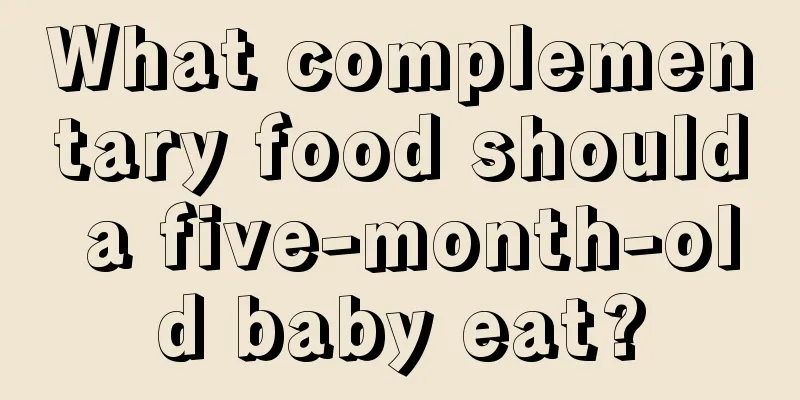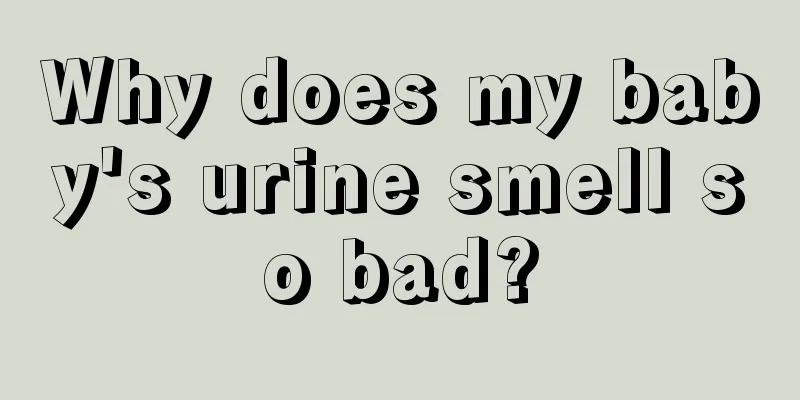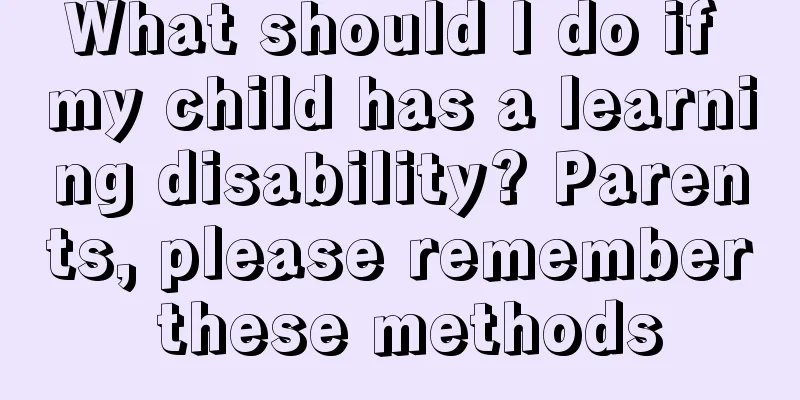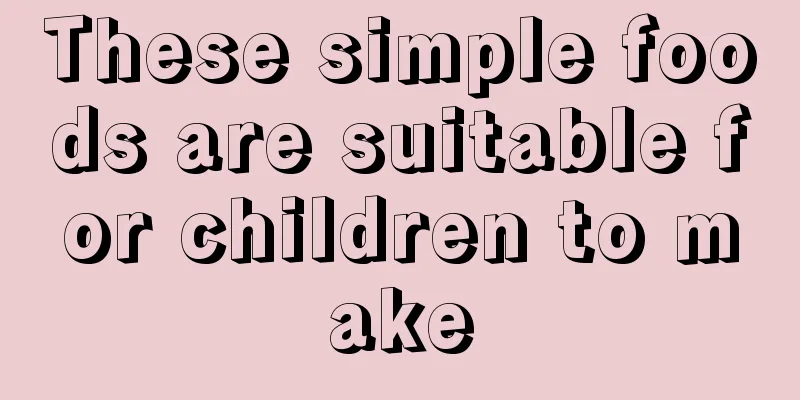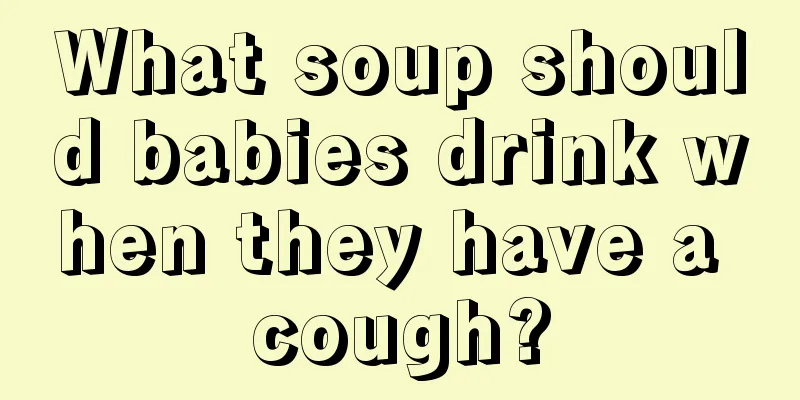Will teething cause fever?

|
I believe that many mothers have found that when the baby starts to grow teeth at around 6 months old, some babies will drool, love to bite things, have a bad temper, cry, etc. Because the child is relatively small and the body's resistance is relatively weak, sometimes there will be a fever. Some friends think that the fever may be caused by teething, or it may be caused by the baby's cold, etc. So, will the baby have symptoms of fever when teething? Let me introduce it to you in detail.
Not necessarily. Some babies will have a fever, but some will not. Teething itself will not cause any fever. The fever that occurs during teething is mainly because the baby's gums will itch during the teething stage, and they prefer to bite things. If they bite something unclean, it may cause throat or gastrointestinal infection, and fever or diarrhea. It is not the teething itself that will cause the baby to have a fever or diarrhea. Some children will have a fever when they are growing teeth and growing taller, because after all, it takes a lot of effort to grow a tooth. If the fever remains low and the child is in good spirits, then there is no need to worry. Just make sure the child drinks plenty of water and avoids eating irritating foods. Every baby has a different physique, so for some babies the fever will go away automatically, but some babies have poor physiques and are weakest when they are teething, so they catch a cold and have a fever.
Babies will have some abnormal performance during teething, and different babies will have different performances. Generally speaking, the symptoms of baby teething mainly include the following nine aspects: 1. Pain: Your baby may show signs of pain and discomfort. 2. Bad temper: The discomfort caused by teething can make the baby bad tempered and cry a lot, which is especially obvious one or two days before teething. 3. Red cheeks: Mothers may notice red spots on their baby’s cheeks. 4. Drooling: The excessive saliva produced during teething will cause the baby to drool frequently. 5. Chewing, biting or chewing things: If you put anything near the baby's mouth, he may do the above actions.6. Swollen gums: Check your baby's mouth to see if there is any redness or swelling on the gums. 7. Restless sleep: Your baby may wake up in the middle of the night and seem irritable, even though he had been sleeping soundly before. 8. Increased body temperature: Teething can cause the body temperature to rise slightly, so your baby may feel a little hotter than usual. |
<<: What to do if your baby bites your nipple when teething
>>: Is it normal to have teeth at 5 months old?
Recommend
How many months does the baby have obvious symptoms of hypothyroidism?
Hypothyroidism, also known as underactive thyroid...
What to eat when your baby has symptoms of iron deficiency
The main reason why people use iron pans when coo...
Two-year-old baby suddenly cried in the middle of the night
It is a very common phenomenon for babies to cry ...
Will neonatal jaundice go away on its own?
Many newborns will suffer from jaundice, which is...
What to do if your child's tooth is broken
It is common for children to be naughty and play ...
What to do if children have cavities?
Many parents tend to neglect their children's...
Are sit-ups OK for kids?
It is good for people's health to do exercise...
What to do if the baby's fontanelle is sunken
We often see a very soft spot on the top of the b...
What are the main reasons for lack of concentration?
For children, it is normal to be inattentive. For...
What are the treatments for children's itchy throat and cough?
Children always feel that their throats are very ...
What should parents do if their children often sweat profusely?
I wonder if you parents and friends have noticed ...
Is it normal for a newborn to poop while eating?
Many things happen to newborns that adults do not...
What should I do if my 4-year-old child keeps coughing?
The child is still young, so if he or she has a c...
What should I do if my baby has a runny nose and tears? These methods are very useful
If the baby has a runny nose and tears, parents n...
One year old baby's face turns yellow
The babies around one year old that we usually se...


